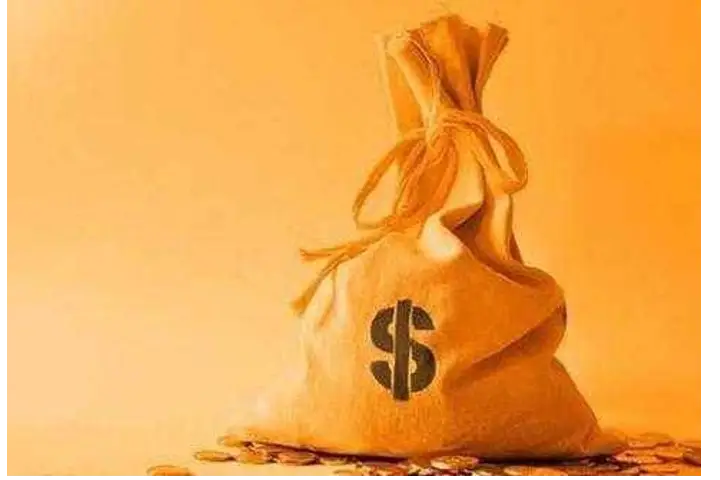

Relief for Pakistan as it clinches a deal with IMF at the last moment
Pakistan’s debt under Prime Minister Shehbaz Sharif has continued to rise and rise at a pace of 15 per cent. Between July—the beginning of the new financial year in Pakistan– and January, (Pakistani) Rs 7.2 trillion was added in debt to touch a total of about Rs 55 trillion, largely driven by the depreciation of the local currency.
In December alone, the government’s total debt increased by 7.7 per cent month-on-month touching Rs 51 trillion.
According to Arif Habib Limited “this is the highest monthly increase due to PKR depreciation during January 2023.”
As Pakistan is in the middle of an unprecedented economic crisis, Moonis Ahmar, former Dean Faculty of Social Sciences, University of Karachi in a recent article published by local newspaper the Express Tribune, pointed out that India has managed to surpass the South Asian nation due to the depth of strategic vision. He pointed out that “Indian diplomacy and economy should be a lesson for Pakistan is not difficult to gauge.”
“India, like China, focused on the policy of self-reliance and a simple lifestyle which paid off as the two Asian giants are the world’s second and fifth largest economies. Eradication of poverty, illiteracy, empowerment of women, youths and transforming majority of population from liability to an asset made it possible for China and India to influence global economy, technology and politics,” he wrote.
Amid rising default risks, cash starved Pakistan is currently negotiating with the International Monetary Fund (IMF) for resumption of a $6.5 billion loan package. It urgently needs the loan to avert a default.
While the IMF revived the loan package late last year, it ran into uncertainty after the country’s Finance Minister Ishaq Dar drastically slashed fuel prices after former Finance Minister Miftah Ismail increased rates to end subsidies — as mandated by the multilateral agency.
To add to the problem, global ratings agency Moody’s downgraded Pakistan’s rating on February 28.
Last week, Dar however said that Pakistan has never defaulted and will not in the future.
While Pakistan has not officially defaulted, the continuous rollovers of loans has already technically made it a defaulter. The country has received IMF assistance for more than 20 times. However, no political party or government has actually taken measures to bring in reforms to strengthen the economy in all these years.
Also read: Moody’s downgrades Pakistan’s rating amid depleting forex reserves
Speaking at the India Global Forum, Union Minister of Commerce and Industry, Piyush Goyal, says…
Amid the ongoing conflict with Iran, Israel's Foreign Ministry said on Thursday that Soroka Hospital…
India's foreign engagements have entered a new phase of dynamism and purpose, driven by its…
Over the last ten years, India’s global footprint has expanded thereby ensuring India’s voice resonates…
The Indian government has launched Operation Sindhu to evacuate Indian nationals from Iran in view…
Amid the evolving situation in West Asia, Indian and Israeli Defence officials spoke to each…